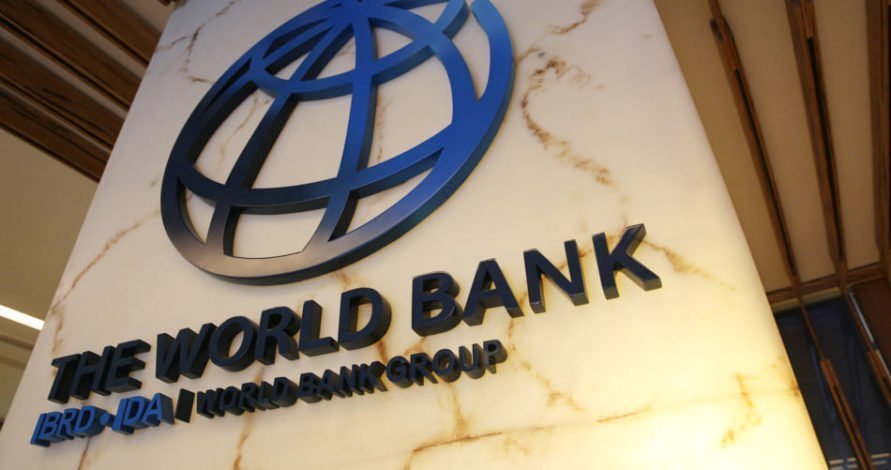The World Bank Group has ranked Nigeria as the largest mobile market in sub-Saharan Africa but bemoaned the poor infrastructure and connectivity in the country’s rural areas.
The bank disclosed this on Thursday when it launched its first Nigeria digital economy diagnostic report, during an e-summit hosted by the government.
The report said, “Although Nigeria is the largest mobile market in sub-Saharan Africa with a strong mobile broadband infrastructure and a vibrant digital entrepreneurial ecosystem, the lack of infrastructure and connectivity in the country’s rural areas is a key challenge.”
It noted that the government’s Economic Recovery and Growth Plan for 2017–2020 recognised the need for a digital-led strategy to make the nation’s economy more competitive for the 21st century.
The World Bank Country Director for Nigeria, Shubham Chaudhuri, said, “Realising the full benefits of the digital economy requires Nigeria to focus on accelerating improvements in five fundamental pillars of the digital economy: digital infrastructure, platforms, financial services, entrepreneurship and skills.
“To ensure that the country is digitally enabled by 2030, investing in infrastructure to bridge the digital divide and creating an enabling regulatory environment for the digital economy to thrive is of paramount importance.”
In line with this goal, the report revealed that the country had made several positive developments in the digital space including high-speed Internet via five underwater international links.
It said this had significantly reduced constraints in terms of international bandwidth usage and prices as well as boosting network capacity.
The report said Nigeria was improving on the provision of digital platforms, adding that the government created a central portal to improve the delivery and quality of public services.
With the size of Nigeria’s economy, the report highlighted the enormous opportunities digital financial services, a driver of financial inclusion, could present to the growing market.
It said the financial sector had already benefitted from investments in payment systems and financial markets infrastructure, such as the Bank Verification Number.
“Millions of Nigerians still lack formal identification records to access a range of public and private services. Financial inclusion in the country has effectively stalled with around 60 million Nigerian adults without access to a formal account,” the report added.
Source: punchng





